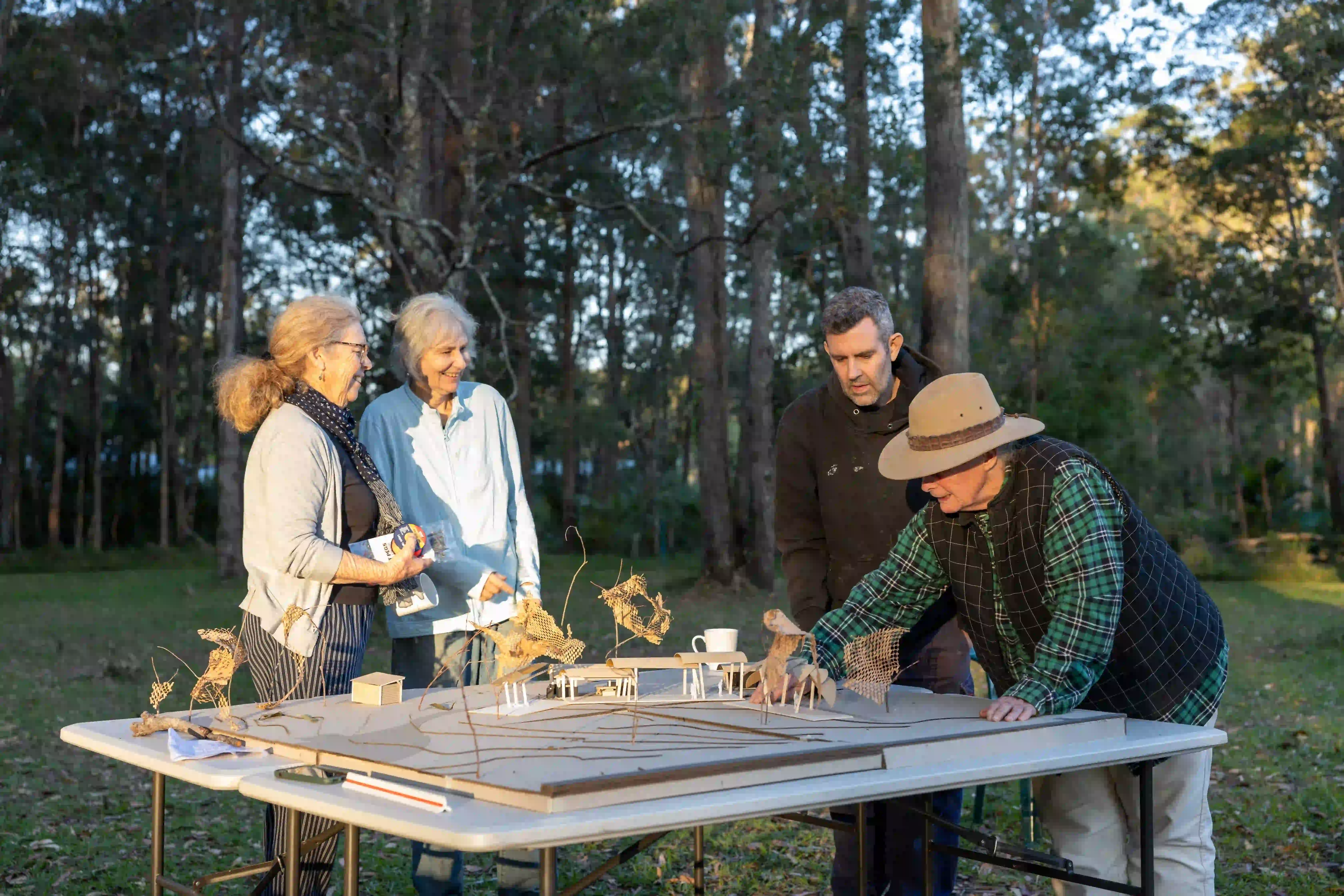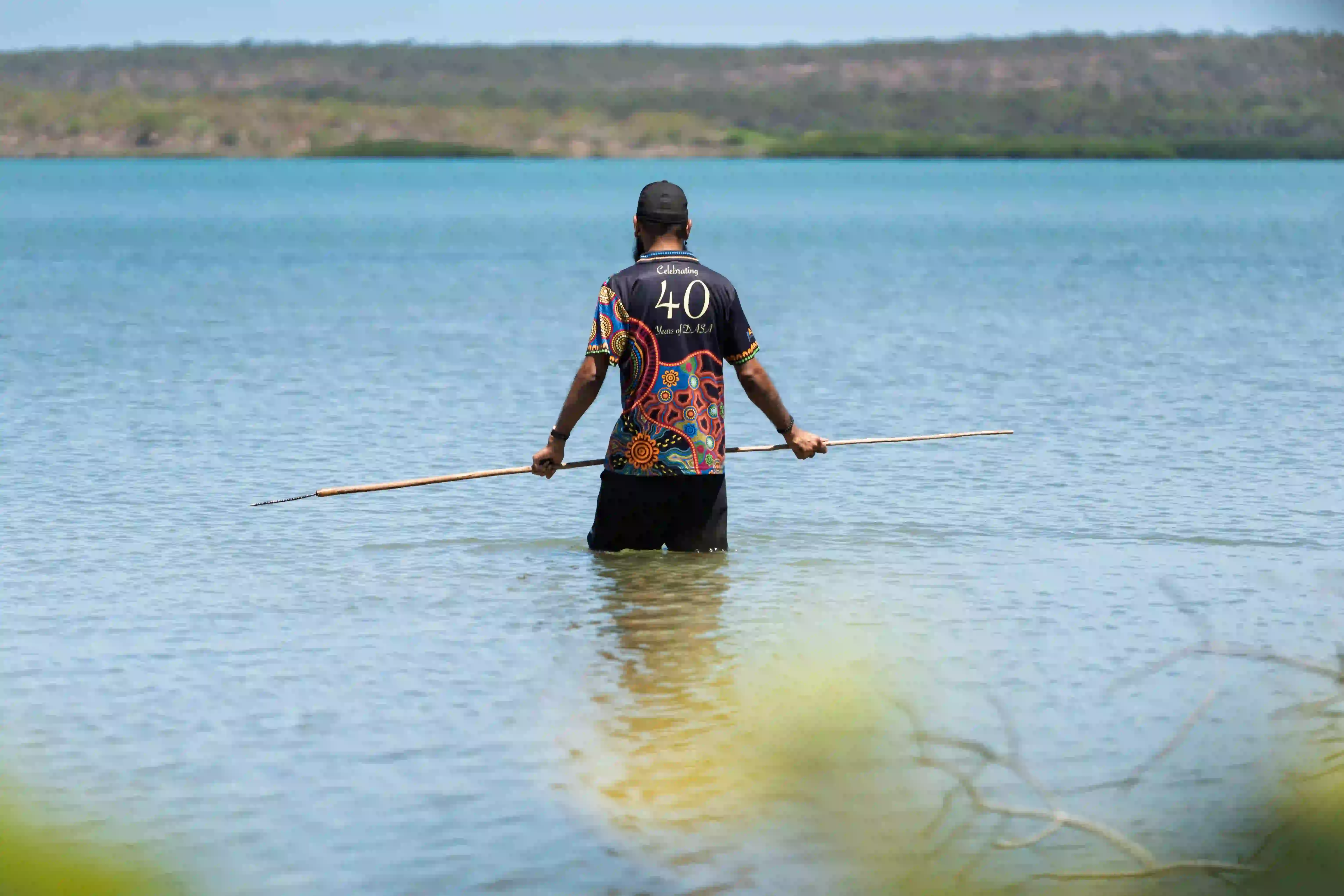Tim Dodd, The Australian. Original article here.
____
Australia’s richest philanthropic body, the $4 billion Paul Ramsay Foundation, has unveiled its plan to fight intergenerational poverty with a strategy focused on health, education and assisting local communities.
Foundation chief executive Glyn Davis said the plan had been developed around the interests of the late businessman Paul Ramsay, who died in 2014 and whose bequest funds the foundation.
“We began by thinking about what Paul Ramsay had done in his charitable work. He supported lots of organisations and local things,” Professor Davis said.
“A consistent theme was that he wanted to look after people who were down on their luck. We took that as our starting point. If you’re the largest foundation you look after the most disadvantaged people.”
The foundation’s new plan is the result of over a year of research into what approaches have been successful to help the disadvantaged which began when Professor Davis, the former vice-chancellor of the University of Melbourne, was appointed as the foundation’s CEO at the beginning of last year.
One of the key goals adopted as a result of the research is to make education more effective.
“For the very poorest in Australia, access to education is a crucial variable. I don’t mean just universities. I mean early childhood, preschool, what happens in school: we are working on how to get people into quality education,” he said.
Professor Davis said the Paul Ramsay Foundation’s plan was to exist for the long-term, investing between $150m and $170m a year in philanthropic causes, while keeping its capital intact.
The other major venture named for the late businessman, the Ramsay Centre for Western Civilisation which funds degree programs and scholarships in three universities, is also funded by the Paul Ramsay Foundation, although it operates separately with its own board.
The foundation is currently funding about 60 separate grants, but expects this to rise to about 100 when it is operating at full strength. Over the summer it donated to help bushfire recovery and more recently responded to COVID-19, but nearly all its support is for long-term projects.
Professor Davis warns there are no quick fixes for the poverty issues which the foundation is tackling. The programs it is funding are typically long-term commitments which gives it time to look carefully choose its investments and learn from the results.
“It’s rigorous, it’s evidence-based. We’re here forever,” he said.
It is drawing information from the Melbourne Institute’s statistical deep dive into the economics and wellbeing of Australians — the long-term HILDA survey — which has helped the foundation analyse the causes of poverty and how it tends to persists across generations.
“Most children from poor families end up not being poor themselves. It’s not destiny. But their chances of being in poverty in adulthood are much higher,” said the institute’s deputy director Roger Wilkins.
“It’s very compelling evidence that we could be doing more as a society to improve the life chances of kids growing up in poor households.”
The foundation is already working with organisations such as The Smith Family, United Way Australia, and the Murdoch Children’s Research Institute. Professor Davis said the foundation’s aim was to fund “coalitions of people who together want to make a difference.”
He said the Paul Ramsay Foundation would also fund social enterprises which brings “a commercial logic” to philanthropic work. It also plans to set up an incubator to help new social enterprises develop.






.png)



